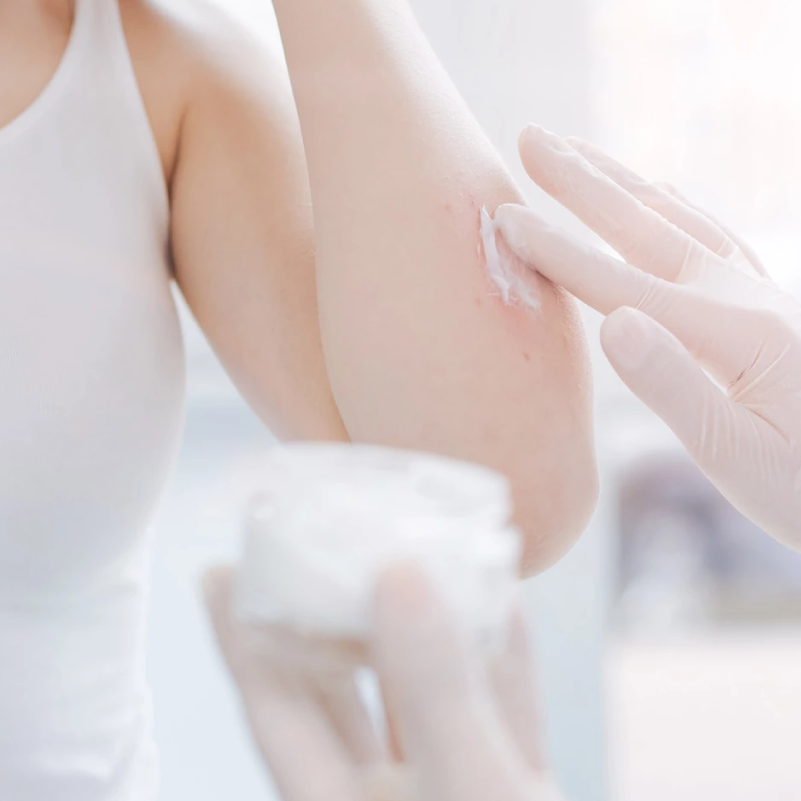
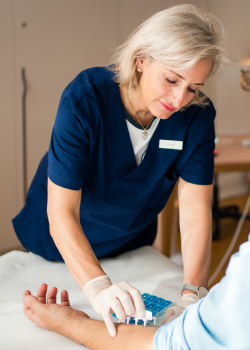
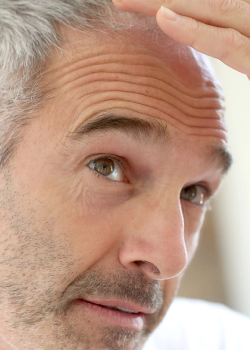
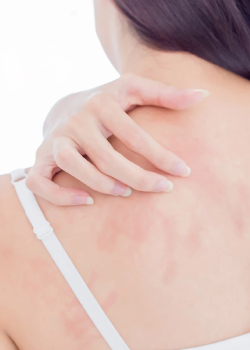
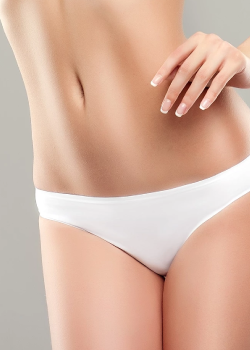
Doctors with Heart and Experience
Modern Dermatology & Aesthetics
Heilwigstraße 33, 20249 Hamburg
We use cookies to optimize our website and our service.
Under settings, you will find detailed information and can make your choices. You can revoke or adjust your selection at any time in the cookie manager at the bottom right of the page.